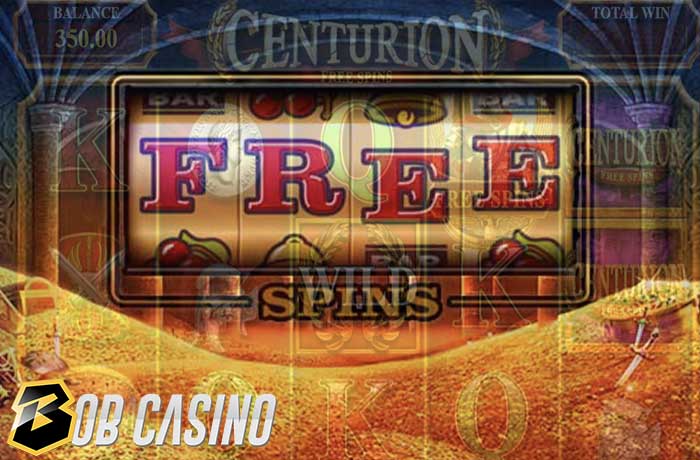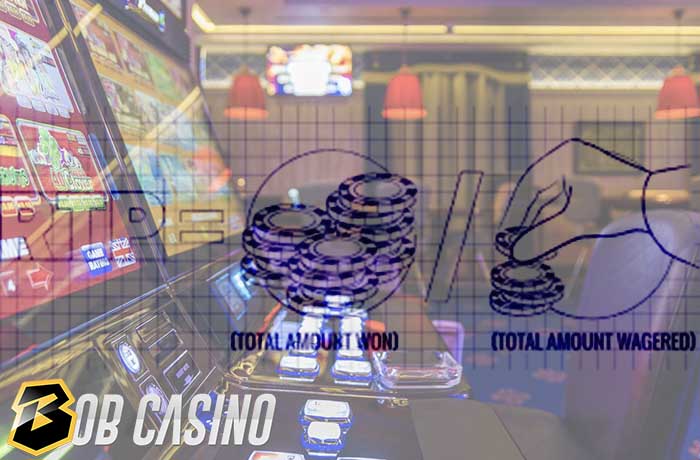 Published: 02.07.2020, 10:00
Published: 02.07.2020, 10:00 4 min read
4 min readIn the context of gambling, the term slot machine refers to a popular type of automated gambling apparatus with spinning reels. Players make bets on each spin and are paid whenever matching lines of symbols appear on the reels (see payline). The exact amount of the winnings depends on the rarity of the combination and the size of the player’s bet. The size of the prizes for all combinations can be checked in the game’s payout table.
Due to their simple rules and comparatively low house edge, slots are by far the most popular type of gambling game in both online and offline casinos. Video poker comes in a distant second.
Etymology & Regional Names
The term slot machine derives from the fact that these machines used to be coin-operated. In order to start the game, players had to insert money or tokens into a special coin slot.
In the United Kingdom, these games are commonly called fruit machines, since their symbols traditionally included fruits, such as cherries, grapes, watermelons, strawberries, and lemons. These machines were usually placed in bars, arcades, and other social gathering places. When assembling a winning combination with a particular fruit symbol, the player would receive a stick of chewing gum in the flavor of that fruit.
In Australia, slots are typically known as pokies, which is a shortening of “poker machine”. Historically, the first automated gambling machines in Australia to gain popularity were poker machines. Eventually, they were superseded by slots, but the name pokie stuck. Today, both slot machines and video poker machines are called pokies in Australia.
In many parts of the world, slots are commonly referred to one-armed bandits. This term is pejorative. The word bandit refers to the ability of these machines to empty the wallets of players (as a thief would). The bandit’s one arm refers to the lever that players had to pull to operate slot machines in the days before video slots (which are operated by pressing a button) became common.
Symbols
Slot machine combinations are formed by symbols, each of which has a specific rarity associated with it. The rarer the symbol, the higher the payout the player will receive. Low paying symbols usually come in the form of either card ranks or fruit. High ranking symbols typically have some relation to the slot’s theme (e.g. the buffalo in Buffalo Gold). A modern slot machine typically features between 6 and 12 symbols.
In addition to standard symbols, most slots also feature several special symbols, such as:
- Wilds. Symbols that can take the place of any other standard symbol when forming a winning combination.
- Scatters. Symbols that trigger the game’s bonus round when 3 or more of them land on the reels.
- Multipliers. Symbols that increase the payout for a win when they appear on the reels.
- Stacked Wilds. Several wild symbols that appear on the reels on top of each other, increasing the chance of a payout.
- Sticky Wilds. Wild symbols that do not disappear from the reels as long as the player keeps winning.
Free Spins
Free spins are the most common type of bonus round found in slot machines. In this mode, the player gets a certain amount of credits that can be used to spin the reels without wagering any of their own funds. In many cases, this mode will feature additional perks that either make it easier for the player to win or increase the size of the winnings.
Free spins are typically triggered when three or more scatters (or special Free Spins symbols) land on the game area. The number of free spins a player receives depends on the exact number of scatters that trigger the spin.

Virtually all modern slots have a free spin mode.
Some slots allow the player to place a special bet to trigger the free spins mode without needing to play the base game. Such machines are called bonus buy slots or feature buy slots.
RTP (Return to Player)
Return-to-player (commonly referred to as RTP) is a pre-programmed figure that determines what percentage of the money the machine will pay back to its players during its lifetime.
For example, after one million spins of $1 each, a machine with an RTP of 96% should pay out its players approximately $960,000 of the $1,000,000.

In physical casinos, return to player figures can vary wildly between machines. On the low end, penny slots may offer RTP figures as low as 75%. On the high end, high roller machines can offer payout percentages as high as 98%.
Slot machine (pokie, fruit machine):
- A popular type of automated gambling machine with spinning reels.





